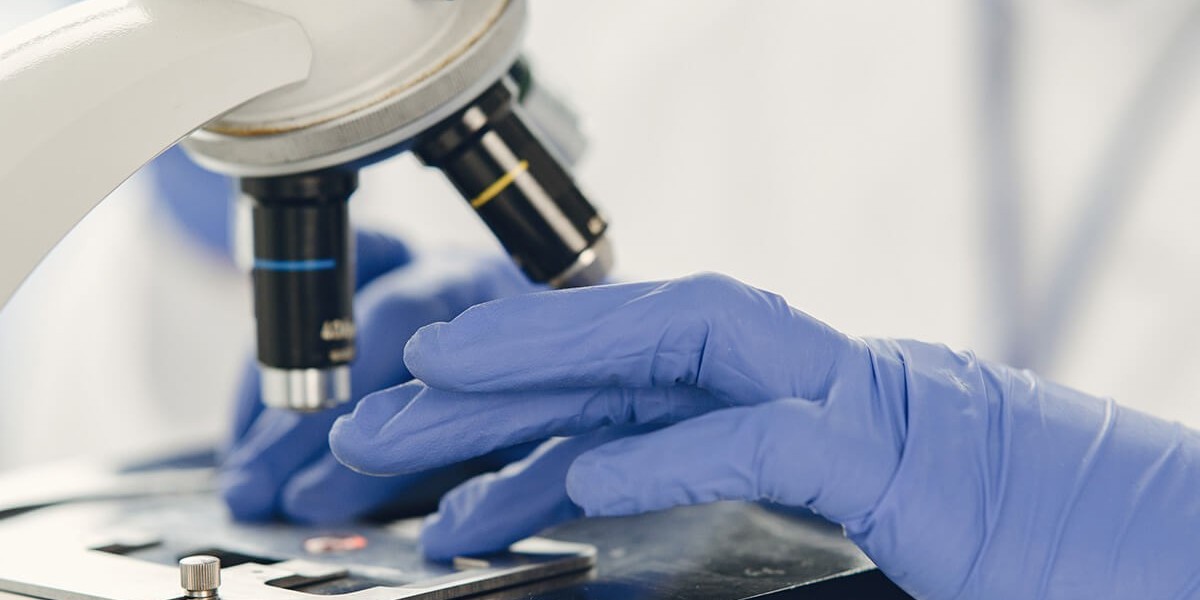Introduction:
In the dynamic field of drug discovery, the initial stages of identifying potential therapeutic compounds are critical for the development of new treatments. In vitro drug screening, particularly high-throughput screening (HTS), has emerged as a powerful tool in the quest for novel drugs. HTS allows researchers to rapidly test thousands, and sometimes millions, of chemical compounds against specific targets or biological processes.
This blog explores the pivotal role played by high-throughput screening in in vitro drug discovery and highlights the significance of in vitro ADME screening. Additionally, we will delve into the accomplishments of TheraIndx, a leading preclinical company renowned for its contributions to preclinical drug discovery.
Understanding High-Throughput Screening (HTS):
High-throughput screening is a process that combines automation, miniaturization, and parallelization to quickly and efficiently test a large number of chemical compounds. By conducting these tests in a laboratory setting, researchers can assess the activity of various compounds against specific targets, such as disease-related proteins or biological pathways. HTS enables the identification of potential drug candidates by evaluating their interactions, binding affinities, and biological effects.
The HTS process involves several key steps. Firstly, a diverse library of compounds is selected, which can range from small molecules to complex natural products. These compounds are then dispensed into multiwell plates, with each well containing a different compound. Next, an assay is performed, which measures the interaction between the compounds and the target of interest. Assays can include biochemical, cellular, or functional assays, depending on the specific target and desired outcome. Following the assay, the data generated is analyzed using statistical and computational methods to identify the most promising hits or lead compounds for further investigation.
Benefits of High-Throughput Screening:
Accelerating Drug Discovery: High-throughput screening expedites the process of identifying potential drug candidates by quickly evaluating a vast number of compounds. This allows researchers to narrow down the options for further investigation and significantly reduces the time and resources required to move a drug from discovery to development stages.
Target Identification and Validation: HTS facilitates the discovery of new targets and validates their potential as therapeutic intervention points. By screening large libraries against a wide array of targets, researchers can uncover novel interactions and gain valuable insights into disease mechanisms, paving the way for innovative treatment strategies.
Exploring Chemical Space: High-throughput screening allows researchers to explore a vast chemical space, enabling the discovery of diverse compound classes. This diversity expands the range of potential drug candidates, increasing the chances of finding molecules with unique mechanisms of action or improved therapeutic profiles.
Personalized Medicine: HTS can be tailored to specific patient populations or genetic variants, making it a valuable tool for personalized medicine. By screening compounds against specific genetic mutations or biomarkers, researchers can identify potential drugs that could be effective in individual patients, leading to more targeted and precise treatments.
In Vitro ADME Screening and Its Importance:
In addition to high-throughput screening, in vitro ADME (Absorption, Distribution, Metabolism, and Excretion) screening plays a crucial role in the early stages of drug discovery. ADME properties are essential considerations in predicting a compound's pharmacokinetics and pharmacodynamics, allowing researchers to identify potential drug candidates with optimal characteristics for further development.
In vitro ADME screening involves evaluating the behavior of compounds in various biological systems, such as liver microsomes, hepatocytes, or artificial membranes. It provides valuable data on a compound's absorption, distribution within the body, metabolism, and excretion, helping researchers assess its potential bioavailability, toxicity, and efficacy. This information is crucial for selecting compounds with favorable ADME properties and optimizing their pharmacokinetic profiles.
The Role of TheraIndx in Preclinical Drug Discovery:
TheraIndx, a leading preclinical company, has been at the forefront of advancing drug discovery through high-throughput screening and in vitro ADME screening. With state-of-the-art facilities and cutting-edge technologies, TheraIndx offers comprehensive preclinical services to pharmaceutical and biotechnology companies worldwide.
TheraIndx specializes in designing and conducting high-throughput screens against specific target classes, utilizing advanced robotics, automation, and computational approaches. Their vast compound library, combined with their expertise in assay development and data analysis, enables rapid identification of lead compounds with high potential for further development.
Furthermore, TheraIndx excels in in vitro ADME screening, providing valuable insights into a compound's pharmacokinetic properties. Their extensive experience in evaluating absorption, distribution, metabolism, and excretion profiles of compounds helps optimize drug candidates for subsequent development stages, reducing the risk of failure in later clinical trials.
Conclusion:
High-throughput screening and in vitro ADME screening have revolutionized the landscape of drug discovery. By rapidly evaluating vast compound libraries against specific targets and assessing the ADME properties of potential drug candidates, researchers can identify lead compounds with the greatest likelihood of success. TheraIndx exemplifies the pinnacle of preclinical companies, leveraging their expertise and cutting-edge technologies to drive innovation in drug discovery.
As we venture into the future, the continued advancements in high-throughput screening and in vitro ADME screening will undoubtedly shape the development of new therapies. Through these invaluable tools, researchers and companies like TheraIndx are poised to make significant contributions to the discovery and development of safer, more effective, and personalized treatments, bringing hope to patients worldwide.








